Features

Crossing Borders: Helping Colleges and Universities Jumpstart the Conversation on Diversity and Inclusion
A major challenge confronting U.S. colleges and universities today is the need to disentangle the complexities of diversity, social justice and free speech. We talked to Crossing Borders Education founder Arnd Wächter about his organization and its work promoting dialogue as a way to build diversity and inclusion.

ACE2017: Leadership in a Changing World
ACE2017, the Council’s 99th Annual Meeting, wrapped up on Tuesday, March 14 in Washington, DC. Along with leadership in a changing world, the meeting also addressed issues related to higher education leadership, equity and social justice, and innovation, and ACE staff have posted blogs covering a selection of these sessions and events. Also included is a selection of videos from ACE2017 plenary sessions.

Changing the Game for Women in East Africa
In honor of International Women’s Day, CIGE’s Heather Ward interviews Karen Sherman, president of the Akilah Institute, a postsecondary institution for women in Rwanda.
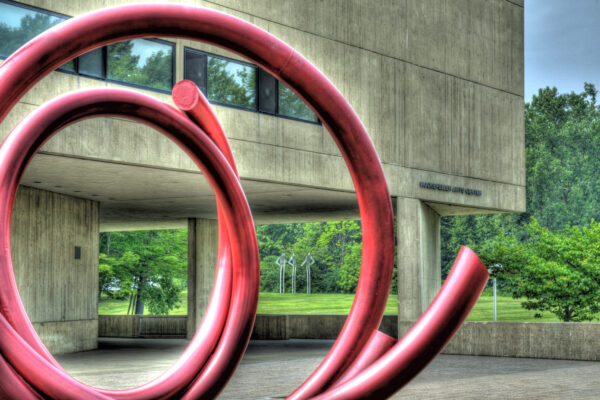
The ACE Fellows Program: Considering the Move From Faculty to Administration
Faculty member or administrator? Rob Deemer, member of the ACE Fellows Class of 2016-17, says maybe both: Leadership development programs can add to your career options rather than make you abandon the academic discipline you love.
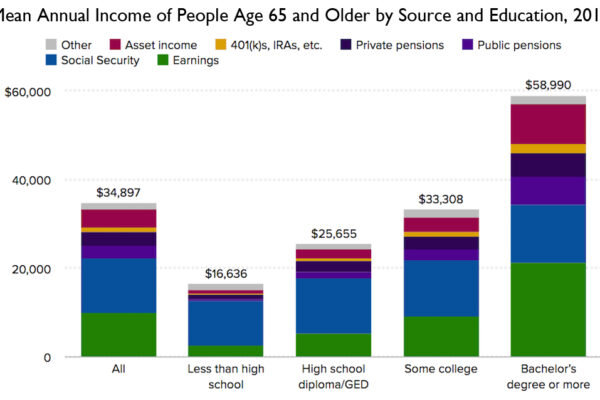
Between Scylla and Charybdis: Navigating the Cost of College
Even with its long-term benefits understood, the challenges for many households to afford college make it clear that the current model cannot simply continue without strategic innovation, writes Geoffrey Brackett, executive vice president of Marist College.
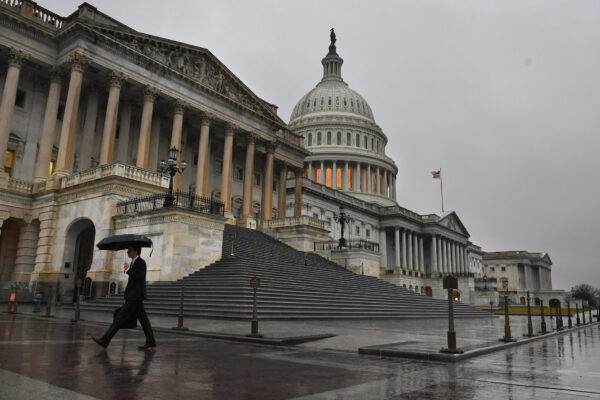
Waiting for the Dominoes to Fall
Uncertainty reigns in Washington, DC these days. The surprise election of Donald Trump and the resulting one-party control of the legislative and executive branches makes substantial changes in federal policy over the next two years nearly inevitable. Jon Fansmith looks at what this could mean for federal financial aid.

College Promise Programs: Designing Programs to Achieve the Promise
Promise programs have the potential to increase higher education attainment and close persisting gaps, write Laura Perna & Elaine Leigh. But success depends on how the programs are structured, implemented and sustained.

Boosting Veterans’ Enrollment at Top Colleges: “No Cap for Your Potential, No Ceiling for Your Success”
Few veterans see attending highly selective private universities as a realistic option. But as Vassar freshman-to-be and veteran Logan Ragsdale writes, there are a multitude of organizations filled with people who have succeeded in making the transition to civilian life and postsecondary education that can help make it happen.
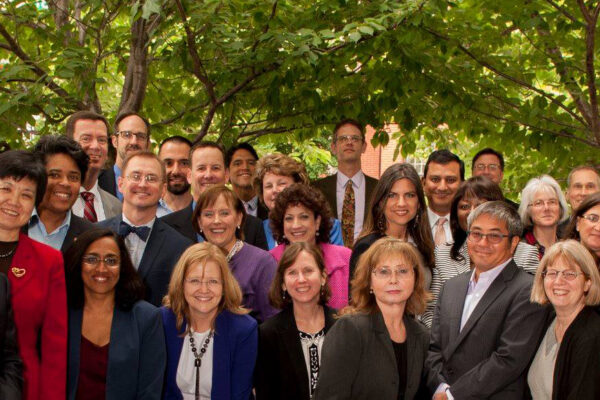
The Power of the ACE Fellows Program: Preparing Leaders to Serve
Sherri Lind Hughes, a former ACE Fellows Program participant and now director, writes about the power of the program to prepare leaders in higher education.
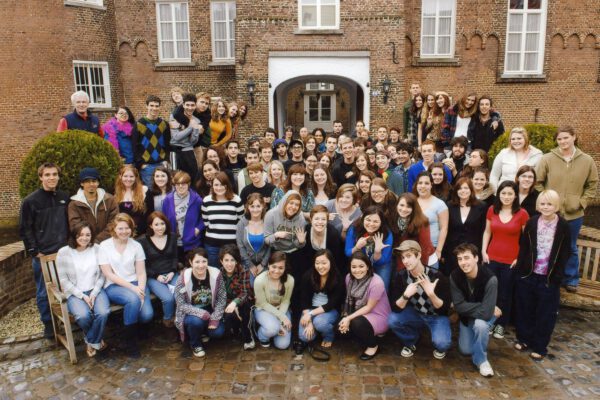
Postcard From the AAC&U Annual Meeting: Global Learning at Emerson College
Central to Emerson’s internationalization plan is a set of global learning outcomes, which have been integrated into a broader set of learning outcomes that address Emerson’s core educational mission. All students benefit from global learning opportunities, and student learning remains at the heart of the institution’s internationalization efforts.

Women’s March on Washington: Where Do We Go From Here?
California State University, San Marcos, President Karen Haynes on the implications of the women’s march and higher education.

Aligning Demographic Shifts and College Participation: Increasing Latino Degree Attainment
Delma Ramos and Morgan Taylor look at the importance of increasing attainment for Latino students, the largest minority group and the second largest racial/ethnic group in the country.